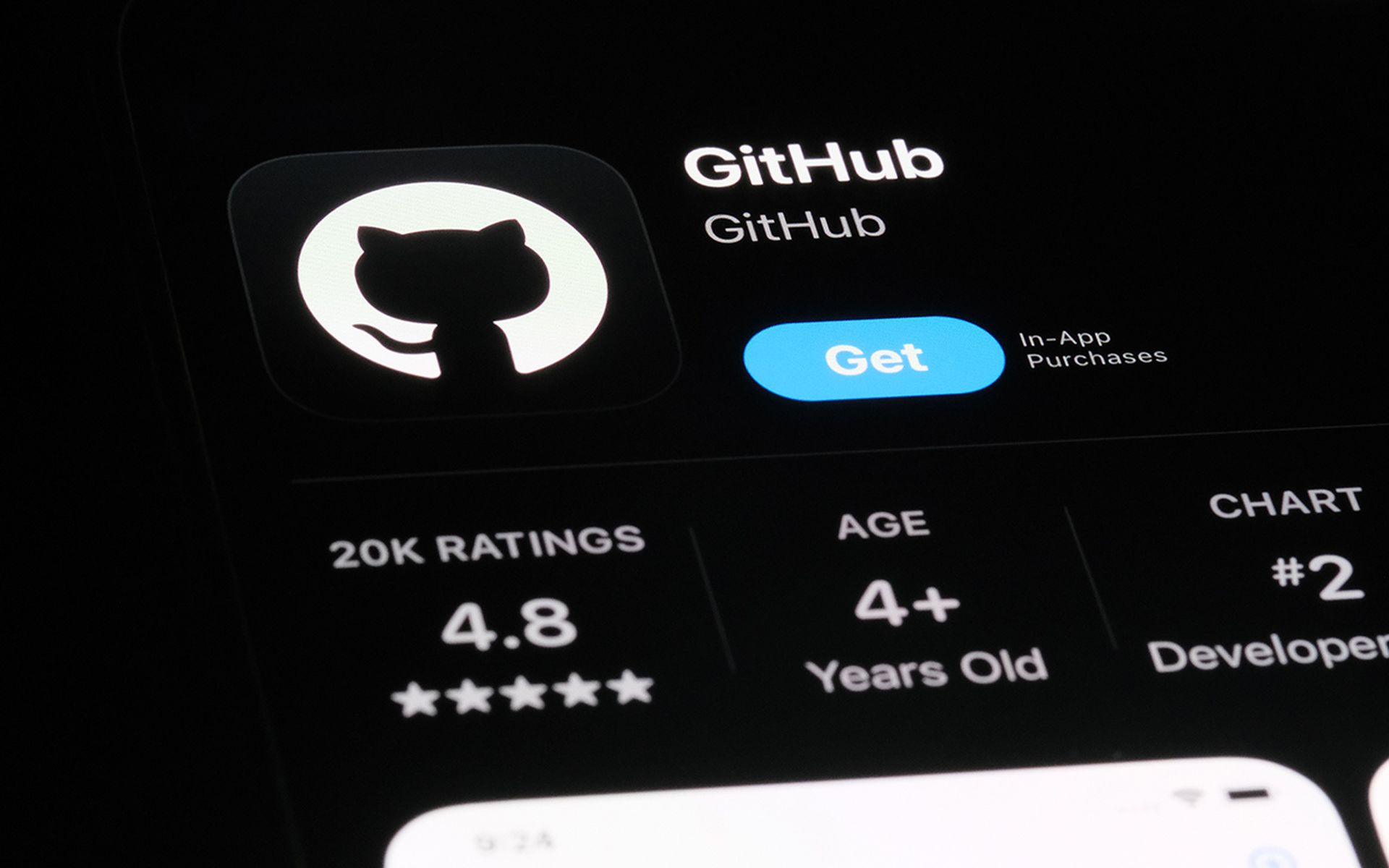A major spam campaign that takes advantage of Yahoo Groups and other free web services, including Google Groups and LiveJournal, is circulating, according to security vendor AppRiver.
About one million spam emails per hour are being sent, which spammers are using to blast pharmaceutical advertising content. Spammers are using automated processes to create accounts on these sites, in some cases breaking CAPTCHAs, Fred Touchette, senior security analyst at AppRiver, told SCMagazineUS.com on Thursday.
None of the emails are currently linking to malicious content, just advertisements, Touchette said.
However, the consensus is that these sites are indeed scams. "At times they will send you product, but whether or not it is genuine is doubtful," Touchette said.
Spammers are sending these emails from Hotmail accounts that have also been created by automated means, Touchette said. Using Hotmail or other free webmail accounts makes the spam tougher to block, because email addresses appear to be legitimate and free mail services have a good reputation, Touchette said.
“The availability and ease of abuse to these services continues to keep such ‘cloud-based' spamming operations a viable enterprise,” AppRiver wrote in a blog post Thursday about the campaign.
Similar campaigns have been identified previously, but spammers have dramatically increased their efforts during the past two days, with spam volumes that translate to 17,000 emails per minute or 277 every second.
About one million spam emails per hour are being sent, which spammers are using to blast pharmaceutical advertising content. Spammers are using automated processes to create accounts on these sites, in some cases breaking CAPTCHAs, Fred Touchette, senior security analyst at AppRiver, told SCMagazineUS.com on Thursday.
None of the emails are currently linking to malicious content, just advertisements, Touchette said.
However, the consensus is that these sites are indeed scams. "At times they will send you product, but whether or not it is genuine is doubtful," Touchette said.
Spammers are sending these emails from Hotmail accounts that have also been created by automated means, Touchette said. Using Hotmail or other free webmail accounts makes the spam tougher to block, because email addresses appear to be legitimate and free mail services have a good reputation, Touchette said.
“The availability and ease of abuse to these services continues to keep such ‘cloud-based' spamming operations a viable enterprise,” AppRiver wrote in a blog post Thursday about the campaign.
Similar campaigns have been identified previously, but spammers have dramatically increased their efforts during the past two days, with spam volumes that translate to 17,000 emails per minute or 277 every second.


